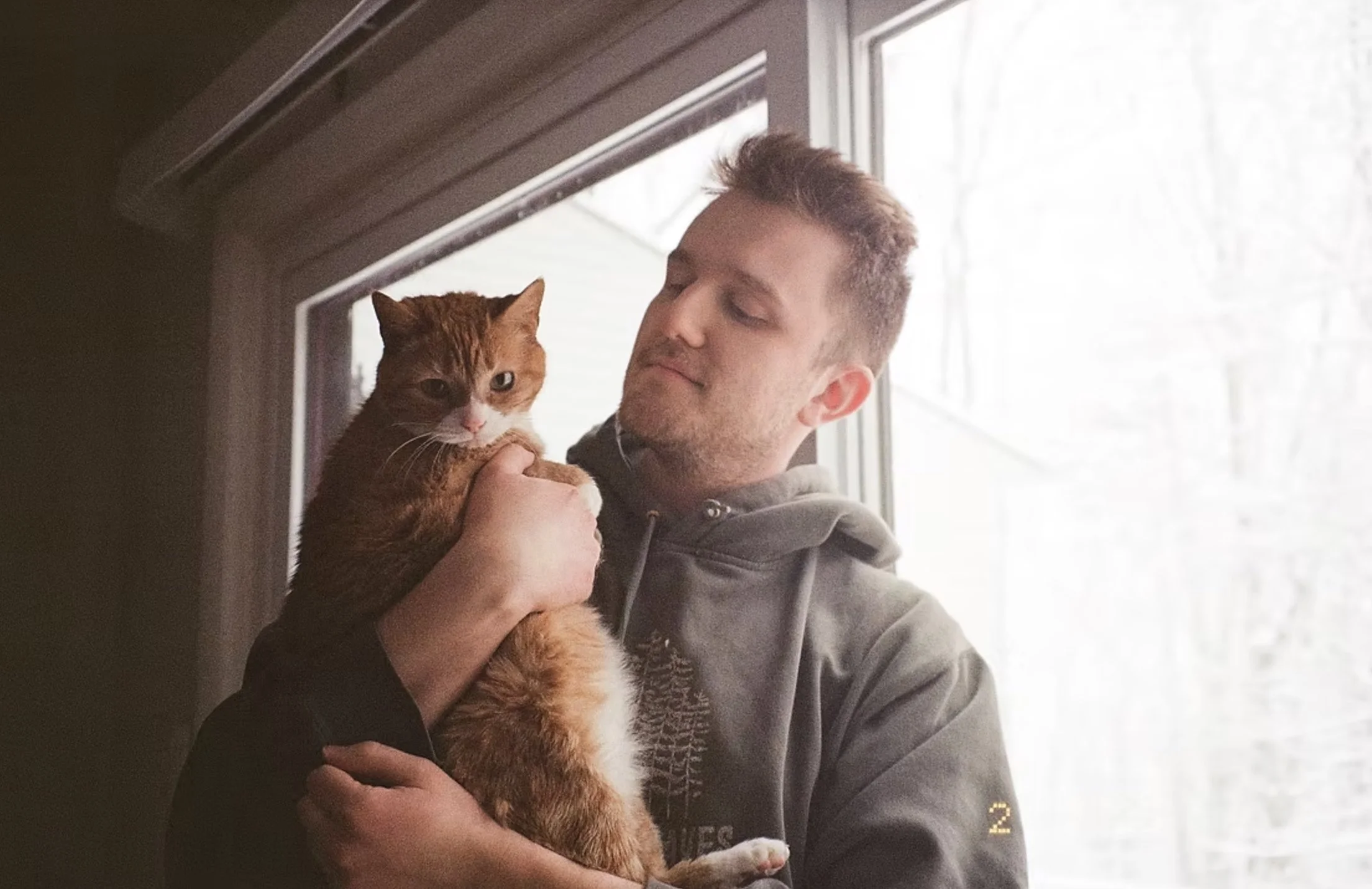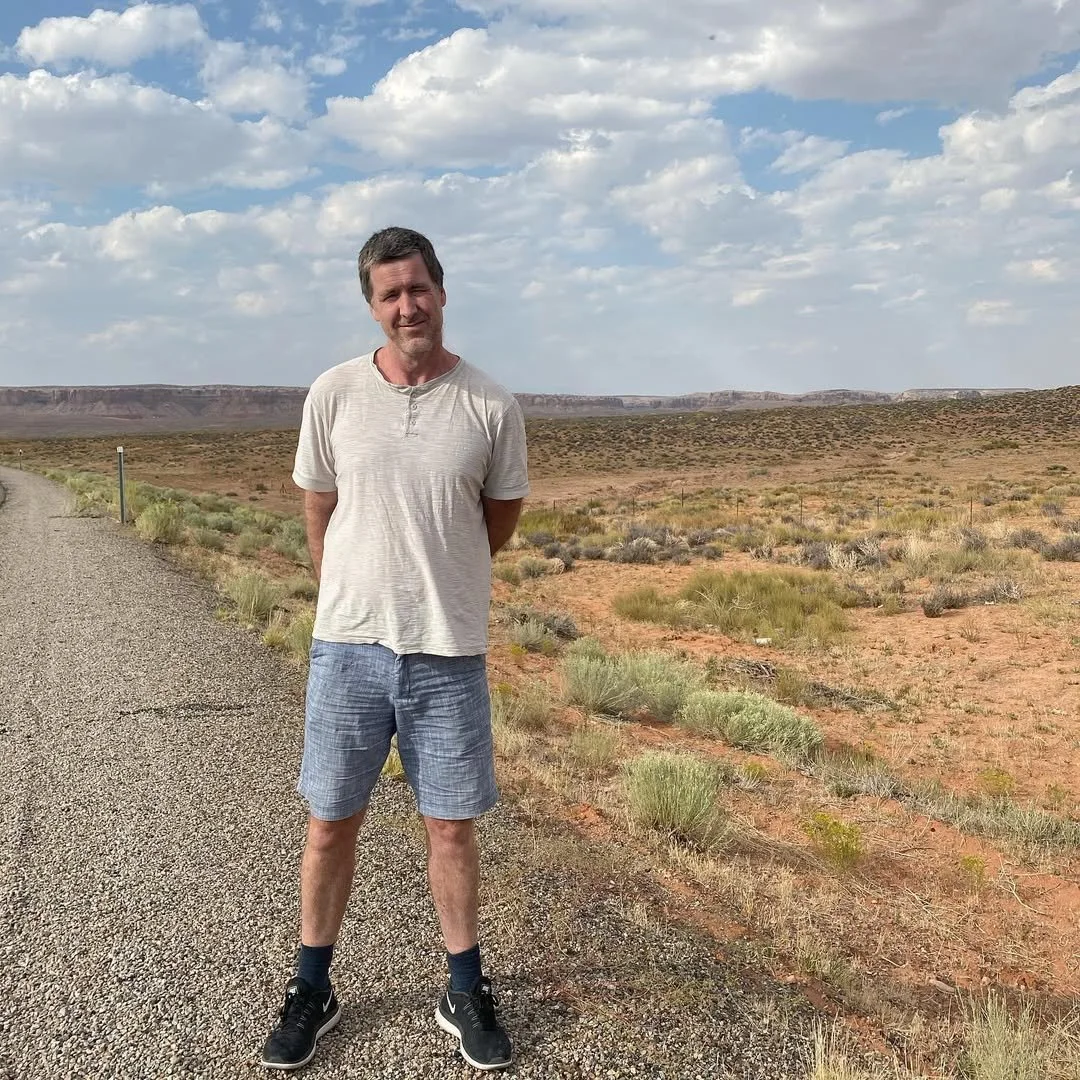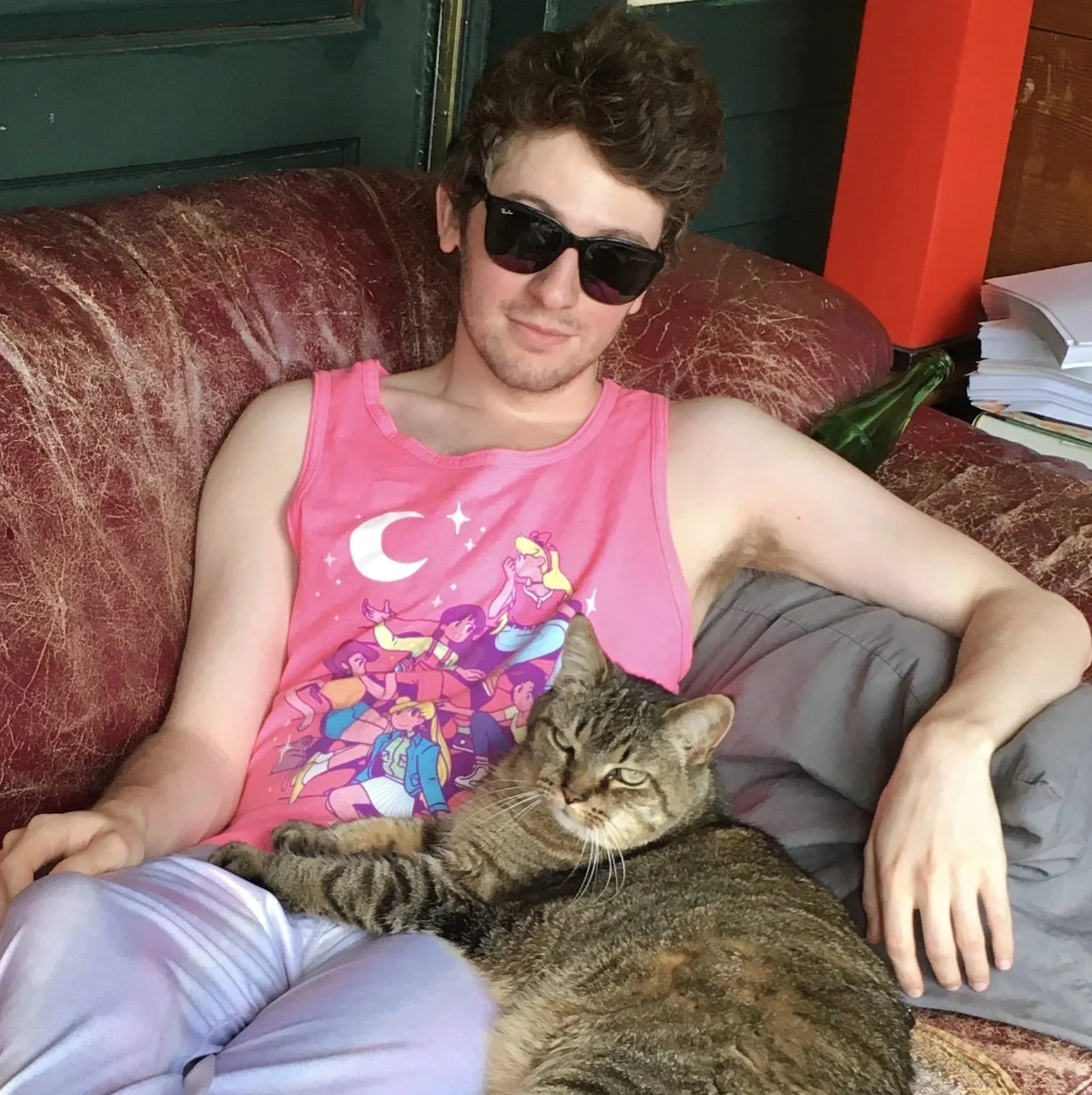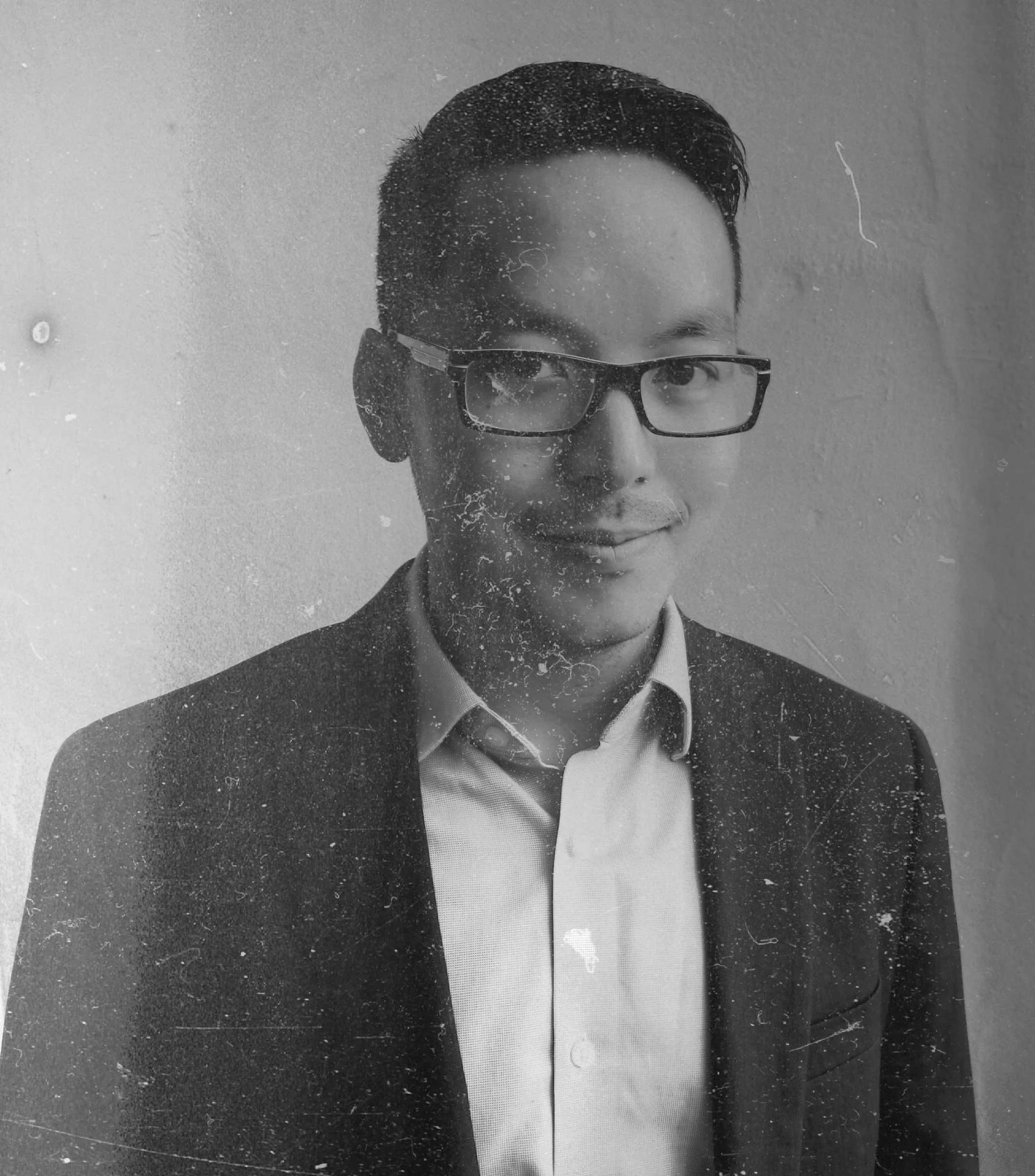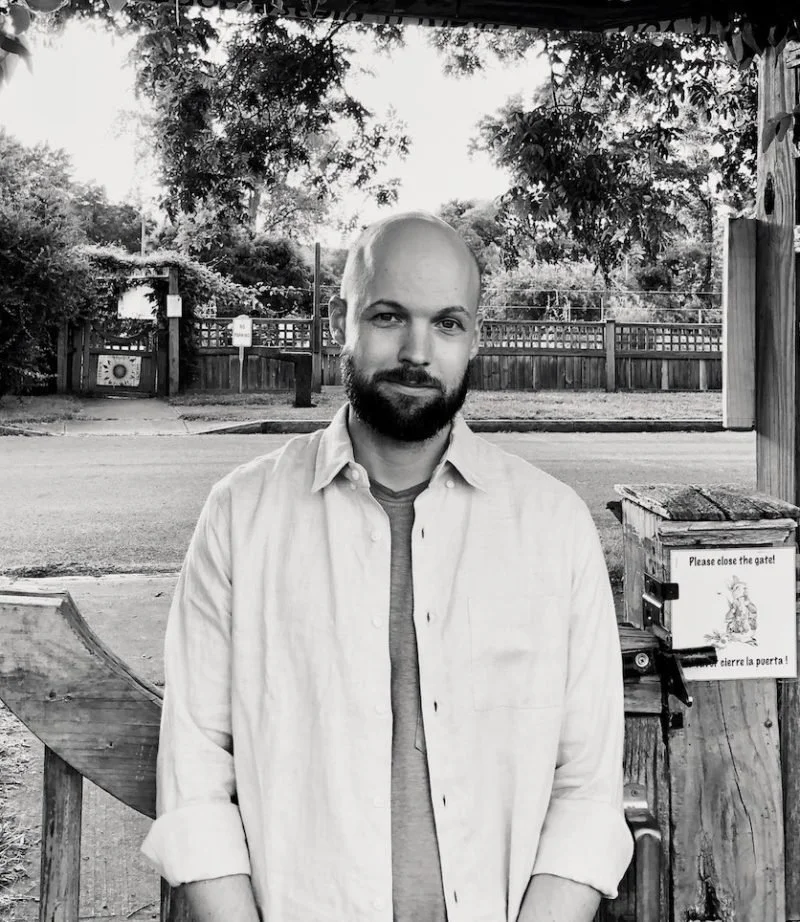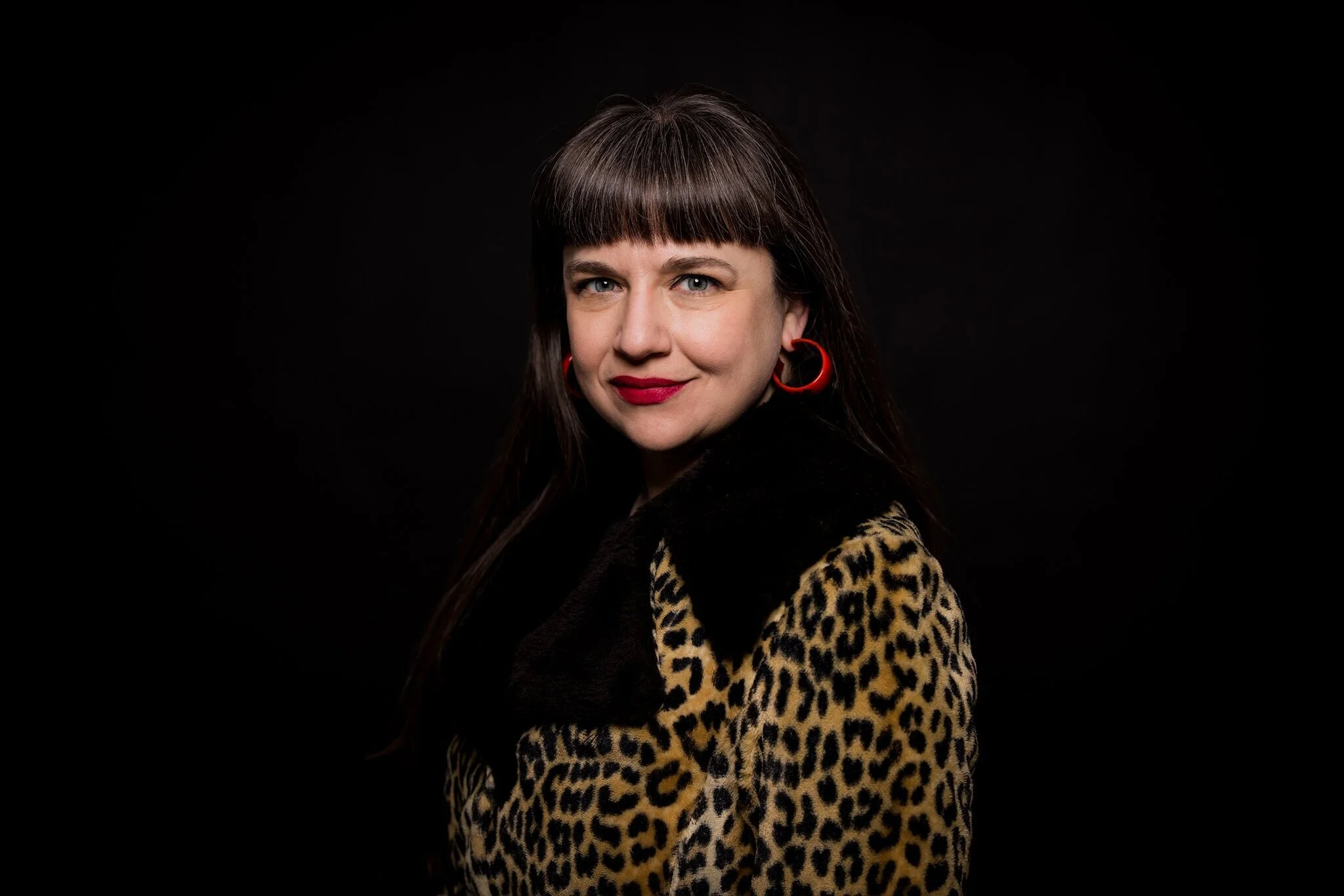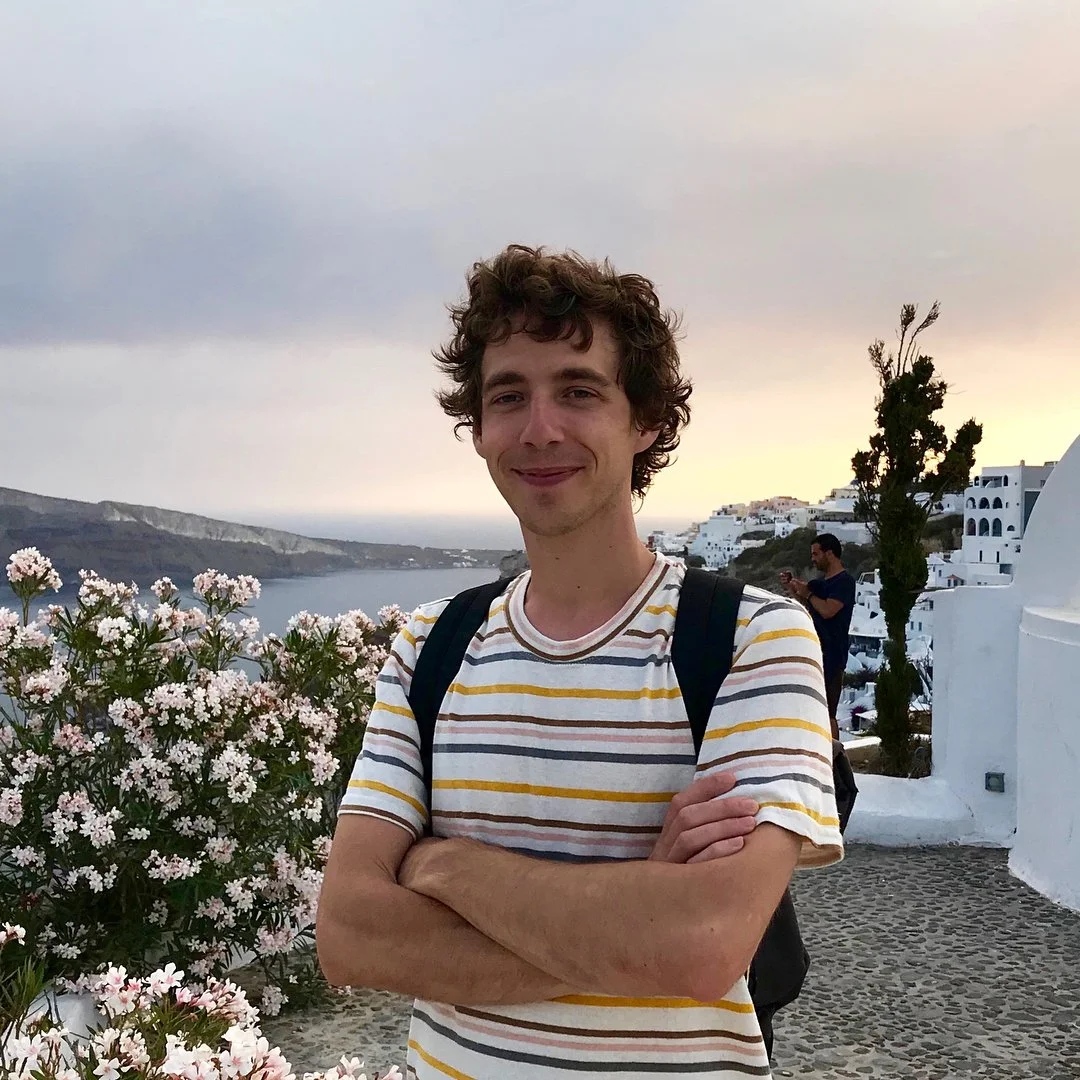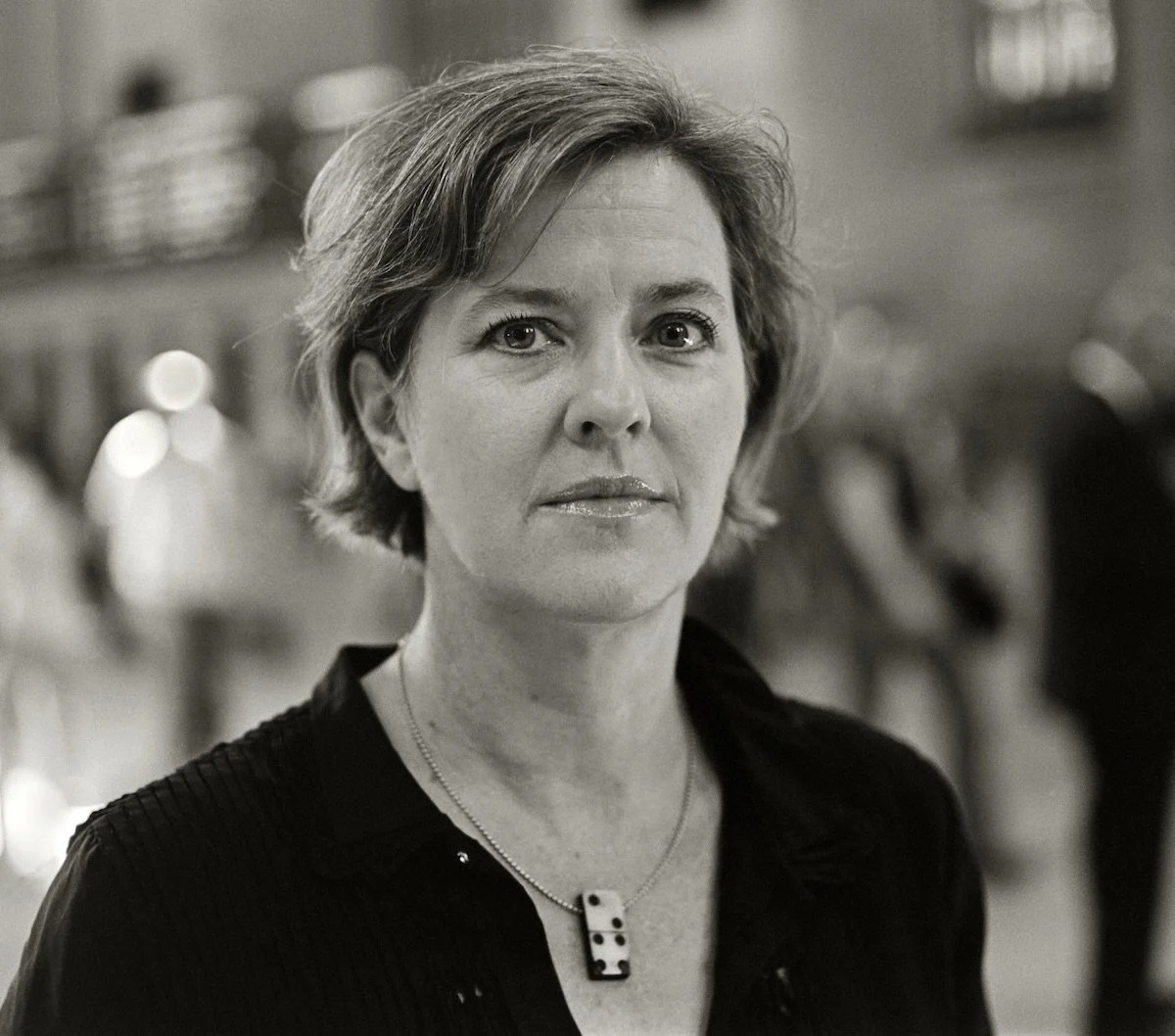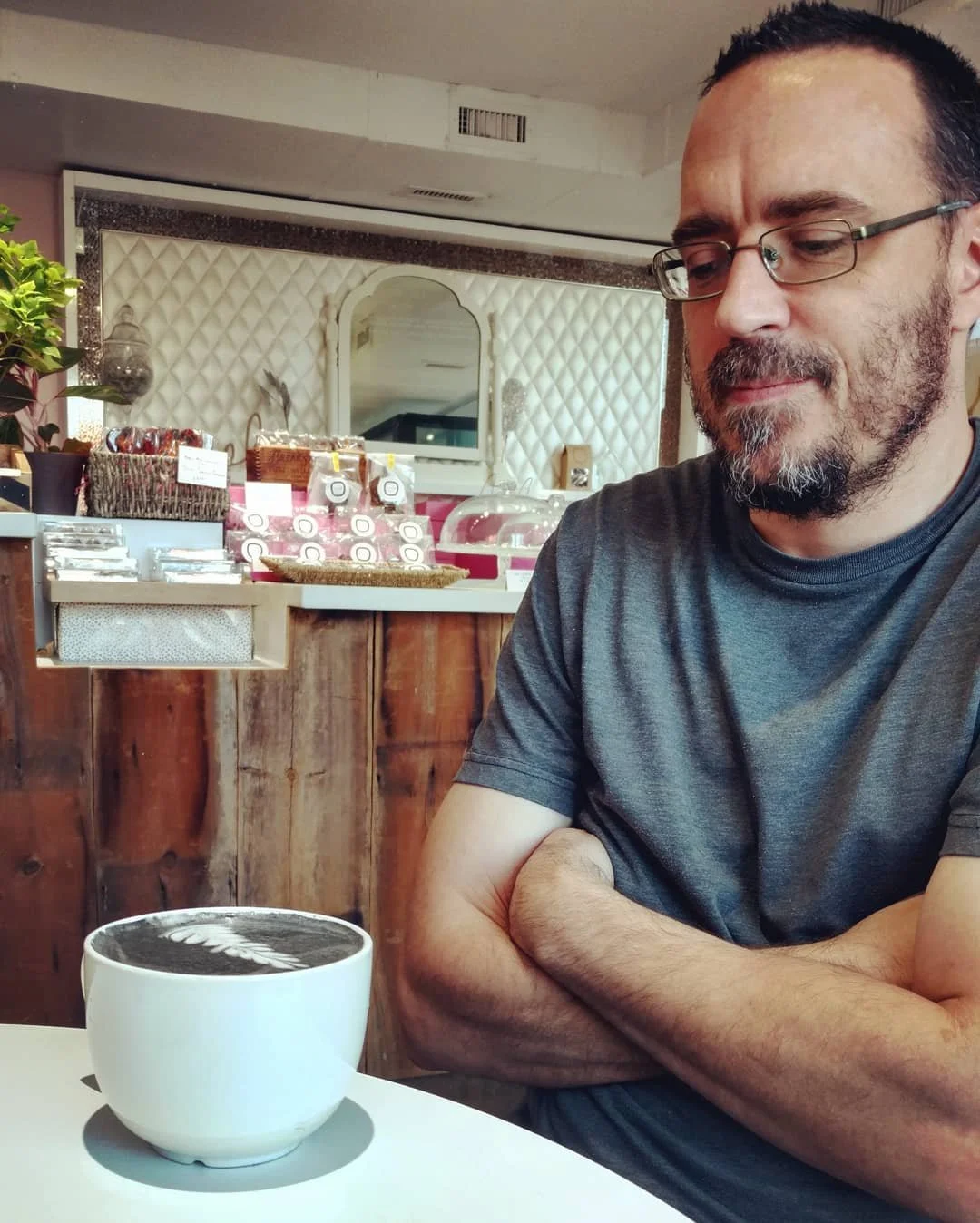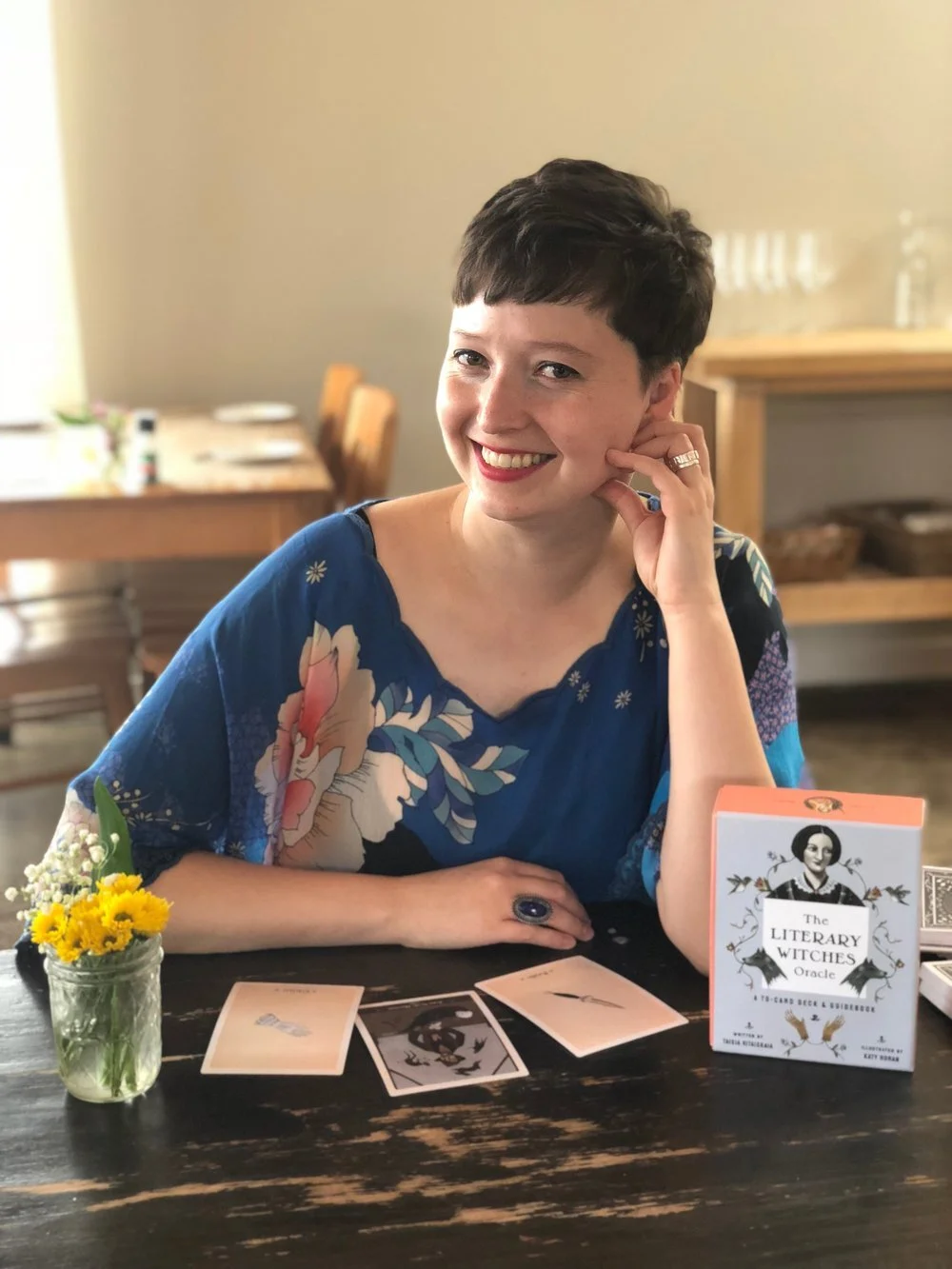Over the years, I've read many of Claire Hopple's short stories (through various online lit mags like X-R-A-Y, Wigleaf, Peach Mag, the list is substantial), but her new novel, Take it Personally, was my first (and certainly not my last) time reading one of her longer forms of writing. With one novel, two novellas, and four books of stories since 2017, I have some catching up to do.
Take it Personally is a laugh out loud absurdist work of fiction. Nearly every sentence surprised me. I never knew where it would go next. It's funny, it's caffeinated, and it's packed with mystery and falsehoods and paranoia and uncertainties and questions. I read it in less than 48 hours while standing on my tip toes, as one should. It's like the half-baked sibling of Kiss Kiss Bang Bang or the kindred spirit to Kajillionaire (two of my favorite films), reminding me slightly of Joanna Ruocco's Dan or Hilary Leichter's Temporary (two of my favorite novels). I recommend you grab this book as soon as you can and learn how humor can and should work on the page.
I recently spoke with the Asheville-based writer and asked about her prolific outpouring of absurdist fictions, her distinction between novella and novel, her approach to the blank page, early inspirations, and much more.
Congrats on the release of your new novel, Take it Personally! I was floored by this book. Reading it felt like chugging coffee and trying not to laugh, failing miserably, then laughspitting coffee all over the place. When did you first have the idea for this novel and how long did it take you to write?
Thank you, Ben! That's an incredible description and I love it. The idea came to me when I was taking a walk. There were two women slightly ahead of me on the road and I thought: What if they think I'm following them? And the idea developed from there pretty quickly. Google Drive says I created the manuscript doc in February of 2023 and I was finished in September of the same year.
While you've done stories and novellas in the past, Take it Personally is your first novel. Is that right? Does it feel like a debut, or does it simply feel like a new chapter in your bibliography?
I never know how to answer this question. Novel or novella? How technical do we get, and whose definition gets the last word? Readers have called previous novellas "linked stories" instead. I'm just happy if somebody reads one of my books. But yes, some people would say this is my first novel. And some would say it's just another novella. So this book's release doesn't feel like anything different necessarily, except for the fact that I've been invited to do more readings and events this time around, and the kinds that I could only dream of doing before. I have no clue why, but I'm so grateful.
In a Goodreads review by Crow Jonah Norlander for your 2021 epistolary collection It's Hard to Say, he writes, "Don’t know if I’ve ever read something so effortlessly dense with ideas. Each sentence is doing at least four different things, and yet I’m completely untaxed by untangling them, and am rather energized by the effort." I felt similarly when reading Take it Personally. Can you talk about compression and density on the line level? Layered yet not difficult to process. Is this something that comes out naturally when drafting or is this something that's perhaps more fully formed during the editing process?
Crow is just the best, isn't he? Love that guy. Compression and density are something that come naturally; if anything, I expand sentences in the editing process for clarity. Part of this comes from keeping a notebook filled with good verbs and fun phrases that I want to incorporate into sentences. The other part is false humility: I think that if I know something, then everybody else knows it too. It's a real-life issue that's reflected in my writing as well. So I'm both intentionally and unintentionally sparse with prose as a result.
Since 2017, you've released one novel, two novellas, and four books of stories. What's your writing process look like? What's your daily/weekly routine if you have one? Do you focus on one piece at a time or are you tinkering with ten ideas at once?
I keep a notebook of ideas and when they accumulate beyond the point that my limited brain can fuse them together, I make them into a story or chapter. That could take one month or four, depending on the circumstances. I mostly focus on one piece at a time, but I've had a collection brewing for several years that I keep tinkering with occasionally.
You've released with Stalking Horse Press, Word West, Maudlin House, Trident Press, Dostoyevsky Wannabe, and Truth Serum Press. Basically a murderers' row of indie presses. I listened to a podcast episode where you said you liked to work with numerous presses to see how each one uniquely functions. Do you see this curiosity continuing? Is it similar to Pokemon where you're trying to catch them all?
Yes, and yes! As long as the incredible people behind our beloved indie presses will accept my work.
From flash to novella to novel: how do you know when you need to take an idea/image and make it something longer like a novella or a novel?
Plot is not an emphasis or strength of mine, but if I want to do something more complicated with it or if I want to hang out with a character for a little bit longer, then I know it's time for something bigger than a story. I think of myself as a short story writer who experiments with other stuff to prove to herself that she can (although that's still up for debate, ha).
Your writing is often so energized and voice-driven and laugh-out-loud funny. Blurbers have used words like bizarre, ludicrous, bonkers. Can you share some of your aesthetic interests and how you found your 'voice'?
Thank you! People started calling me "absurdist" and I was like oh! Yeah, I guess so! Never thought about it before. Absurdity is how you accurately portray the experience of reality. Or at least I think so. Major influences on the bizarre side have been Renee Gladman, Amelia Gray, and Mark Baumer.
What are some touchstone books (or touchstone authors) that captivated you and helped you early on in your writing career?
Very early on it was Lorrie Moore and John Edgar Wideman. Then Kurt Vonnegut. Then Denis Johnson. Then later it became Scott McClanahan, Amelia Gray, Renee Gladman, Sam Pink, and Chelsea Martin.
Hailing from Pennsylvania and residing in North Carolina, does place play a major factor in your writing? Do your stories/novels/novellas have a realistic place in mind, or is it more often an imagined/warped version of your surroundings?
All of my settings have been imagined except for Tell Me How You Really Feel. That novella is set in my hometown. It's a nostalgic love letter to the municipality of Murrysville. But all the characters are completely made up. I've never met anyone like them.
Although your novel is only three months old, are you already working on the next thing? Do you see yourself going back to stories/novellas, or perhaps another novel? Care to provide any teasers/hints?
I have a finished novel looking for a home. And I'm still tinkering with a collection that's existed in some form or fashion for like four years or so.
Outside of your own work, what are some recent reads that you have enjoyed? I'll ask the same question, but in regards to recent movies and/or music. What are some recently watched films or recently listened to albums that you'd recommend?
Love this question! Looking at my Goodreads from the past year: A Movie by Courtney Bush, Ultramarine by Mariette Navarro, Further Reports by Brian Evenson, Exposed by Cris Mazza, Horse Girl Fever by Kevin Maloney, Leasing by D.T. Robbins, Overstaying by Ariane Koch, Log Off by Kristen Felicetti, Worry by Alexandra Tanner, and Summertime in the Emergency Room by David Nutt were my favorites.
For movies, I always recommend seeing Werner Herzog Eats His Shoe paired with Gates of Heaven. They must go together. And American Movie is a big one for me. Thelma, Jasper Mall, Bernie, Three Days of the Condor, The Conversation, The Long Goodbye, A New Leaf, Daisies, and The Swimmer round out the list.
I've been neglecting music, but Remi Wolf and Dean Johnson have gotten a lot of play lately. And I've been listening to French Kicks for two decades straight.
If you can, provide a photo of your writing workspace or describe with words. What are some essentials while you create?
I have no designated writing workspace! It's a matter of convenience. So a couch or a car or literally anywhere that I find myself when the time comes will do. But it has to be cleared of clutter for sure. I need a big bottle of sparkling water too.
For this ongoing author interview series, I'm asking for everyone to present a writing prompt. It can be as abstract or as concrete as you choose.
Prompt: You wake up in a dumpster.
In closing, do you have any advice for early writers? Or rather, what's something that keeps you returning to the page?
There is no correct "process" for writing. Find what works for you. Reading is the best way to keep writing.
Any final thoughts / closing wisdom / something I might have missed that you'd like to include? Thank you again for taking the time!
No final thoughts except that I really appreciate you and whoever is reading this right now!







